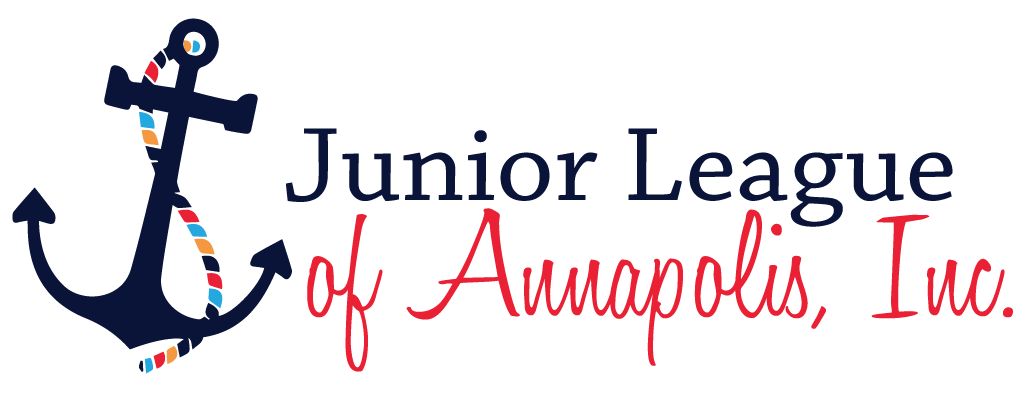Protection Against Domestic Violence – Where You Can Turn To
Contributed by CarrieAnn Frese
For JLA’s January General Membership Meeting, MPA YWCA board member Chris Pouisen spoke with JLA about empowering women and domestic violence. Speaking of courage, confidence and the self-sufficiency of women, she presented on the problem of domestic violence and how no one is immune. It’s an important issue for everyone to be aware of, as not only is it nationwide, it’s present in Anne Arundel County (AAC). The YWCA aims to protect, inspire and empower women in the face of adversity.
Domestic violence is a pattern of abusive behavior in any relationship that is used by one partner to gain or maintain power and control over another intimate partner. Domestic violence can be physical, sexual, emotional, economic, or psychological actions or threats of actions that influence another person. This includes any behaviors that intimidate, manipulate, humiliate, isolate, frighten, terrorize, coerce, threaten, blame, hurt, injure, or wound someone.
Here are some startling numbers:
- 1 in 4 women are victims of domestic violence; 70, 162 in AAC, which is enough to fill the Ravens Stadium.
- 1 in 6 women have survived attempted or completed assault; 46,775 in AAC, which is ten times the length of the Bay Bridge.
- 1 in 5 women have been raped; 56,130 in AAC, which would fill Main Street in Annapolis, twice.
- 30 to 60% of those who abuse their partner also abuse children in the home.
- Children who witness abuse are 1000x more likely to be abused themselves or abuse others when they grow up.
The YWCA offers several services including counseling, art therapy, legal services, hospital accompaniment, abuser intervention program, a 24-hour hotline, community education, and a safe house. Theirs is the only comprehensive domestic violence and sexual assault service provider in AAC and is for the entire county.
If you or anyone you know needs help, call their hotline: 410-222-6800.
If you suspect abuse, don’t judge or blame, don’t provide advice or pressure them, don’t place conditions on your support and don’t wait for him/her to come to you. Do ask that person if something is wrong, express concern, and listen and validate. Also offer help via the hotline, encourage a safety plan, and support his or her decisions.
There is no typical domestic violence victim- it’s everywhere. People stay in abusive homes because of fears concerning their children, housing, employability, and possible embarrassment.
The AAC YWCA is striving to remove the stigma associated with being a victim of domestic violence and they encourage you to not wait to get help. As one individual who benefited from the YWCA stated, “Those were the war years. We are out of the war now. We are living.”



